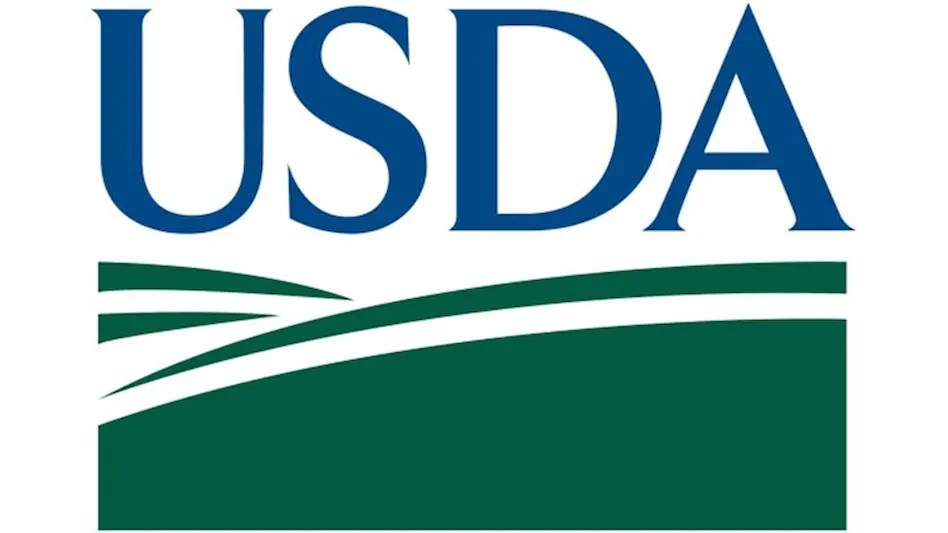
FDA has published a Small Entity Compliance Guides (SECGs) to help small businesses comply with the Final Rule on Mitigation Strategies to Protect Food Against Intentional Adulteration (or Intentional Adulteration [IA] Rule), mandated by FSMA.
As discussed in the Introduction of the IA rule, covered facilities must develop and implement a food defense plan that includes an analysis of vulnerabilities and implementation of mitigation strategies. As such, the rule requires:
- A written food defense plan for all covered facilities unless an exemption applies. The written plan must include a vulnerability assessment to identify significant, vulnerabilities and actionable process steps, and associated explanations, mitigation strategies and associated explanations, procedures for food defense monitoring, procedures for food defense corrective actions, procedures for food defense verification
- Training for certain personnel.
- Covered facilities to maintain the food defense plan as a record as well as records for training, food defense monitoring, food defense corrective actions, and food defense verification.
- Reanalysis of the food defense plan.
FDA encourages compliance with the IA rule as soon as possible, but has set the compliance date for small businesses under the Intentional Adulteration Rule is July 27, 2020. Very small businesses are exempt from the rule, except for a documentation requirement described in the SECG, which has a compliance date of July 26, 2021. Other businesses that do not qualify for exemptions have until July 26, 2019.
Read more QA articles on Food Defense.
Latest from Quality Assurance & Food Safety
- Bird Flu: What FSQA Professionals Need to Know
- Registration Open for 129th AFDO Annual Educational Conference
- Frank Yiannas, Aquatiq Partner to Expand Global Reach of Food Safety Culture
- World Food Safety Day 2025 Theme: Science in Action
- Ancera Launches Poultry Analytics System
- USDA Terminates Two Longstanding Food Safety Advisory Committees
- Catalyst Food Leaders Announces Virtual Leadership Summit for People in Food
- Food Safety Latam Summit 2025 Set for Mexico City





